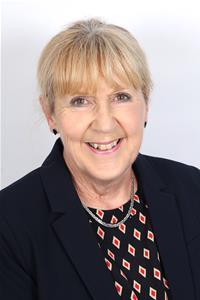CHANGING the job title of one of a council’s most senior officers risks alienating young people from their local council it has been claimed.
Monmouthshire County Council has approved a raft of changes to its constitution mostly to clarify rules around how meetings are run but also includes a proposal to change the title of the chief officer for children and young people to strategic director learning skills and the economy.
But Conservative councillor Penny Jones asked that the proposal be reviewed as she said the new title is unlikely to be understood “least of all by the young people themselves”.
The Raglan councillor said: “I’m very concerned the title chief officer children and young people is being removed to strategic director for learning, skills and the economy it feels to me that is denying young people a place in the constitution and learning is more akin to working age groups.”

The council’s top legal officer, James Williams, who’d drafted the changes which were already presented to the democratic services committee, said job titles are a matter for chief executive Paul Matthews.
At the council’s April meeting Mr Matthews told Cllr Jones he would be reviewing the strategic leadership team in the next four to six weeks and said: “I’m more than happy to give consideration to the point she has made.”

Other changes including tightening the rules on voting so it is expected councillors will be present for the introduction of an item and the debate but the chair can use their discretion to allow them to vote if they have not missed material information.
There is no discretion for “quasi-judicial meetings” such as planing and licensing applications due to the “much wider financial and legal consequences to the council for making those decisions”.
It has also been clarified leaders of opposition groups can attend and ask questions at meetings of the ruling cabinet and decisions made by officers can be called in for review by councillors before they are implemented.














